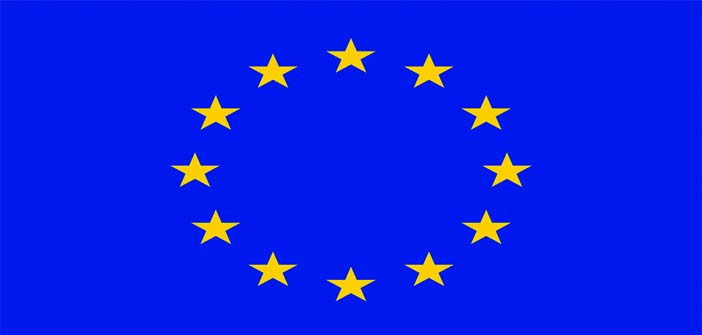The bodies that will emerge from the upcoming May elections will have to take a stand on essential economic issues, which will impact Europe’s positioning and credibility for the next ten years.
The first issue is the defense of European interests. With a growing Chinese presence and the United States less concerned with European policy, to the point of losing interest in its traditional British ally, it is undoubtedly time to rethink national and European regulations to prioritize the concepts of European preference, strategic business protection, and economic sovereignty. Initiatives launched in this direction exist, specifically with the intention to reclaim digital sovereignty, which has been undermined by competing economies. These must be extended to ensure enhanced protection of our companies, particularly SMEs.
The second issue is the position of Europe in the world. Since its inception, the European Union has championed the values of free trade and multilateralism. Reforming the WTO is currently an imperative, despite the reluctance shown by the world’s two largest economic powers. Yet, the Union is the only entity capable of fostering balanced economic development at a time when “deglobalization” is being discussed.
To maintain a position in the concert of technological nations, Europe must also continue its efforts in research and innovation and maintain competitive advantages in the major competition that is looming around Artificial Intelligence at the heart of widespread transitions (ecological, industrial, digital, etc.). The emergence of industrial leaders backed by genuine European “research continuums” associating universities, competitiveness clusters, and laboratories is a prerequisite. They should enable the creation of a technological foundation capable of supporting disruptive innovations and their new economic models within the framework of the future European Innovation Council (EIC).
Faced with these challenges, which are those of great nations, Europe must be governed more as a single entity, much like its Chinese and American competitors. We should not doubt its ability to become aware of realities and its power of resilience. This will naturally require a lot of communication and dialogue to unite the remaining 25 states around the Franco-German axis, and it will also require that the outcome of the European elections enables the formation of a liberal and forward-looking majority, strong in its desire to consolidate the large market.
“The usual fault of man is not to foresee the storm during fair weather,” Machiavelli reminded us. Let us not delay any longer; the time for reform is back! It is essential.


